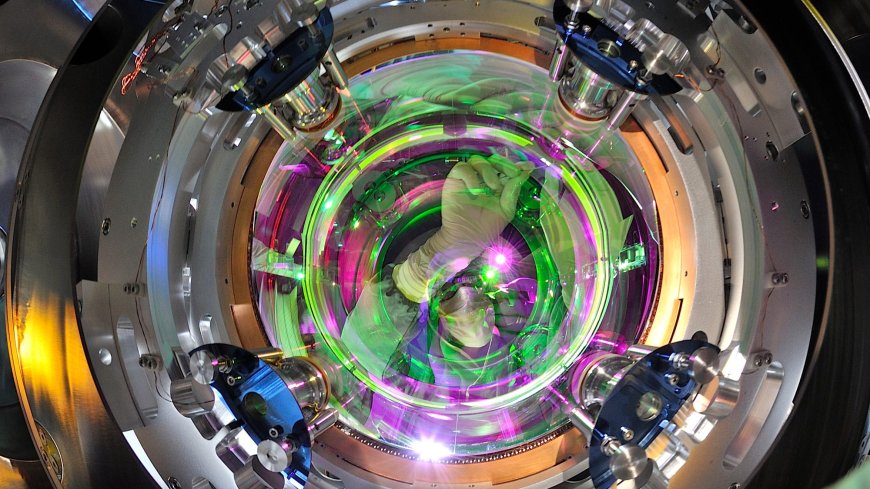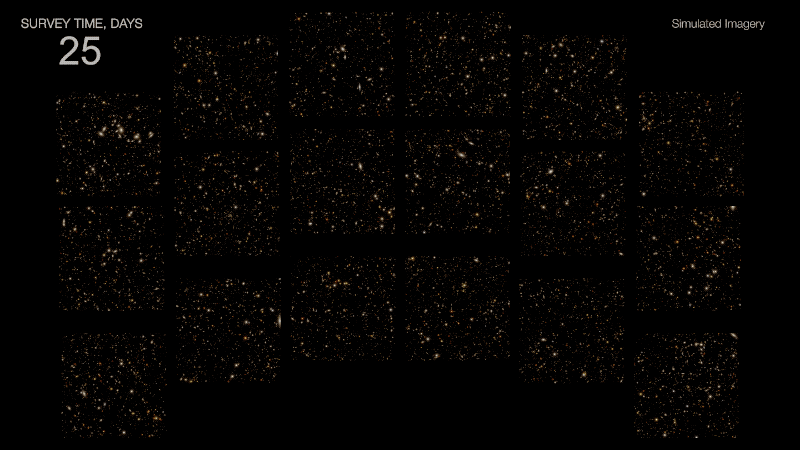Record-breaking black hole merger detected by LIGO-Virgo-KAGRA collaboration
Astronomers have confirmed the largest ever black hole merger, observed by the LIGO-Virgo-KAGRA collaboration using gravitational waves. This groundbreaking discovery challenges existing theories and advances gravitational-wave astronomy, reshaping our understanding of the Universe.

In a cosmic event that defies current scientific understanding, astronomers have confirmed the most massive black hole merger ever recorded. Using gravitational waves – ripples in the fabric of spacetime – the LIGO-Virgo-KAGRA (LVK) Collaboration observed two enormous black holes crashing together to form a single, ultra-massive entity over 225 times the mass of the Sun. This record-breaking discovery challenges existing theories of black hole formation and evolution, marking a significant leap forward for gravitational-wave astronomy.
Detected on 23 November 2023, and named GW231123, the signal is reshaping scientific understanding of extreme cosmic objects. Data was captured by the U.S. National Science Foundation-funded LIGO detectors in Hanford and Livingston, with contributions from Virgo in Italy and KAGRA in Japan.
The LIGO-Virgo-KAGRA Collaboration involves over 2,000 scientists from 300+ institutions globally. LIGO, Virgo, and KAGRA each bring unique technological strengths, forming a distributed observatory capable of pinpointing cosmic events with exceptional precision.
GW231123's intense spin and high mass challenge traditional theories of black hole formation, suggesting a complex evolutionary history. The event not only sets a new mass record but also pushes the limits of gravitational-wave astronomy, requiring advanced modelling to interpret the signal accurately.
GW231123 surpasses the previous record-holder, GW190521, and offers new insights into the lifecycle of massive celestial bodies. The LVK Collaboration's open data policy supports broader scientific analysis, with GW231123 set to be discussed at the GR-Amaldi 2025 conference in Glasgow.
As gravitational-wave observatories advance, deeper insights into extreme cosmic phenomena are expected.
What's Your Reaction?
 Like
0
Like
0
 Dislike
0
Dislike
0
 Love
0
Love
0
 Funny
0
Funny
0
 Angry
0
Angry
0
 Sad
0
Sad
0
 Wow
0
Wow
0













































































































































































